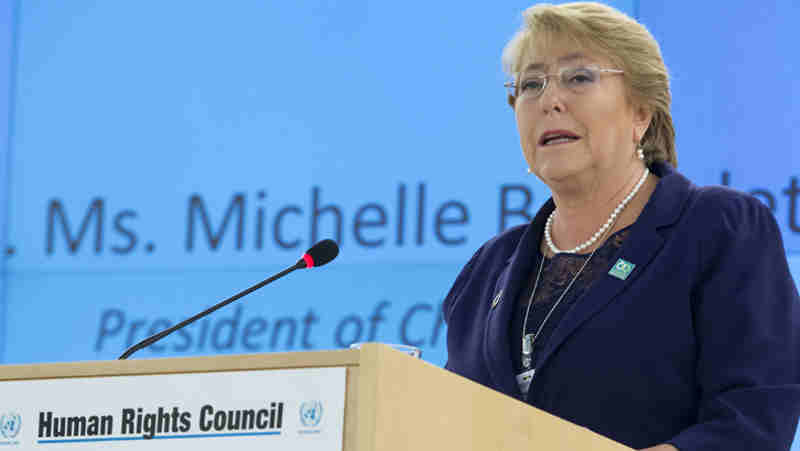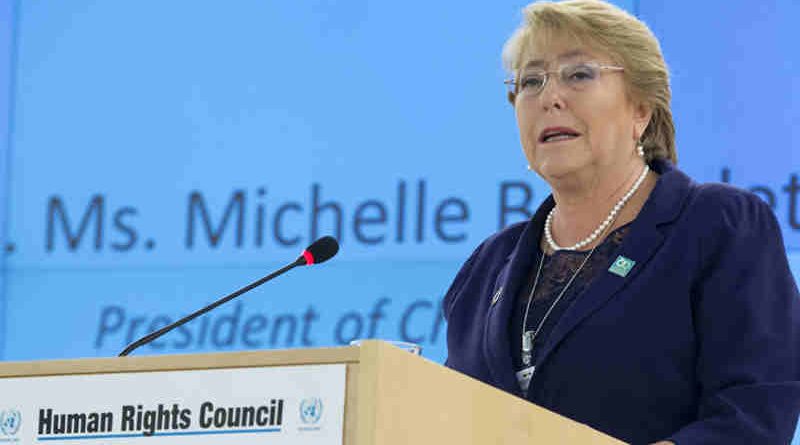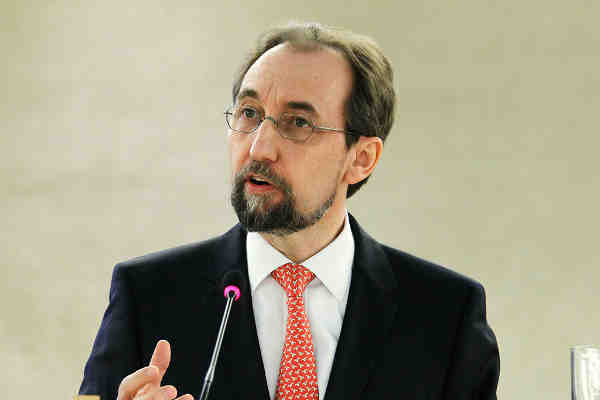Netherlands Court Orders to Protect Human Rights from Climate Change

UN High Commissioner for Human Rights Michelle Bachelet on Friday (December 20) applauded a landmark decision by the Supreme Court of the Netherlands which requires the State to take more ambitious climate action in order to protect human rights from the adverse effects of climate change.
The Netherlands’ highest court upheld an earlier decision by the appellate court in Urgenda Foundation v. Netherlands that insufficient action to address climate change posed a “risk of irreversible changes to the worldwide ecosystems and livability of our planet” and a “serious risk that the current generation of citizens will be confronted with loss of life and/or a disruption of family life… that the State has a duty to protect against.”
The decision confirms that the Government of the Netherlands and, by implication, other governments have binding legal obligations, based on international human rights law, to undertake strong reductions in emissions of greenhouse gases.
The High Commissioner welcomed the Court’s acceptance that human rights obligations are central to the response to the climate change.
“Climate change is already severely damaging human rights – and that impact is growing fast,” she said. “The recognition by the highest Dutch court that the Netherlands’ human rights obligations provide a legal basis to compel stronger and more rapid action by the Government is vitally important.”
This landmark ruling provides a clear path forward for concerned individuals in Europe – and around the world – to undertake climate litigation in order to protect human rights, and I pay tribute to the civil society groups which initiated this action.
Recalling the slowing progress in the climate negotiations and “the entrenched and dangerous phenomenon of climate denial,” the High Commissioner underlined that today’s decision affirmed her long-standing contention that “more ambitious climate action, in all parts of the world, is a human rights obligation rather than simply a policy choice.”
💛 Support Independent Journalism
If you find RMN News useful, please consider supporting us.




